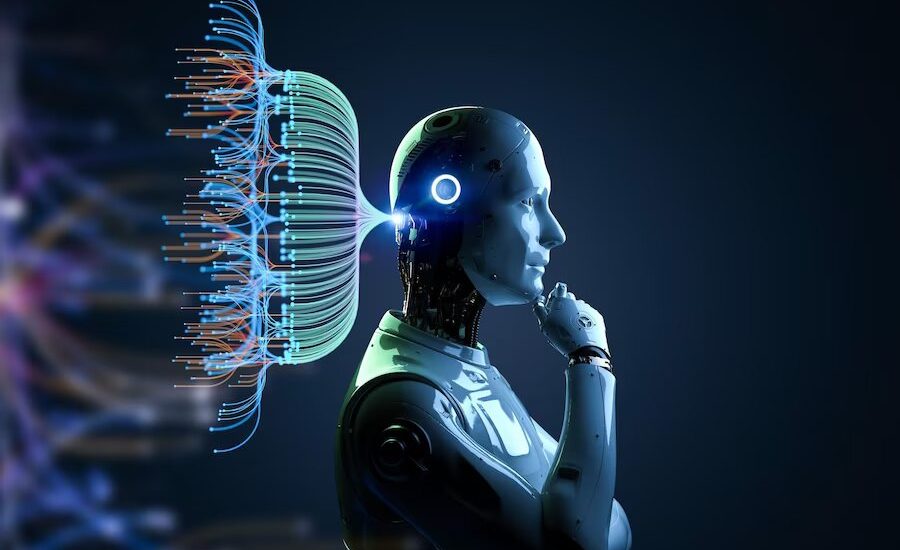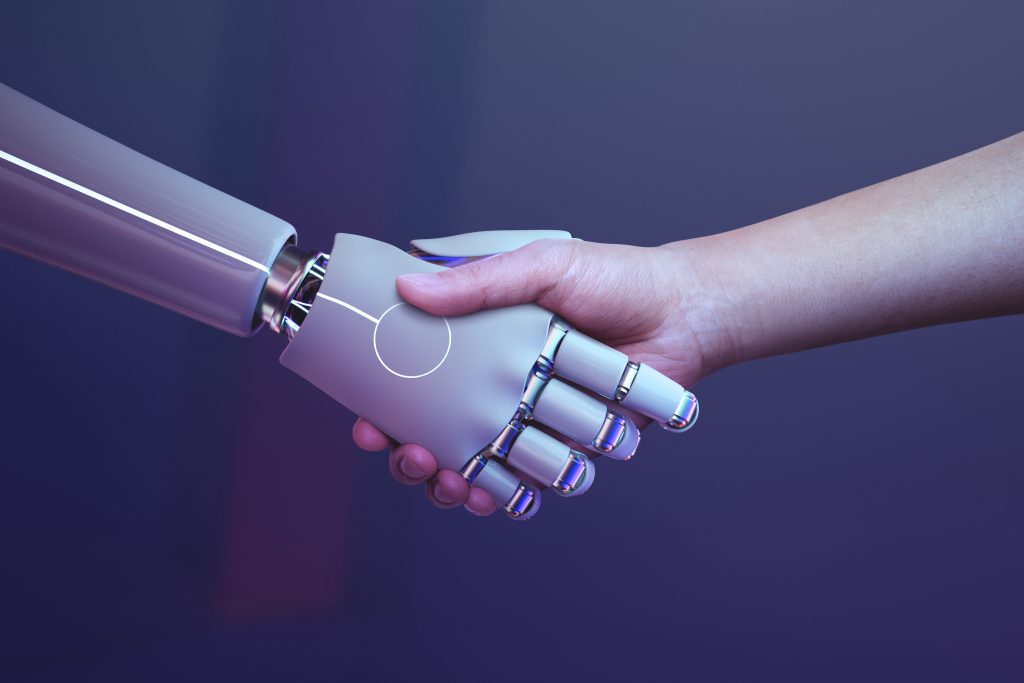Transformation of Enterprise Resource Planning: Advancements in Cloud Computing, Artificial Intelligence, and Machine Learning
- June 26, 2023
- Posted by: Velosi Author
- Categories: ERP, Insights, Software

Enterprise Resource Planning (ERP)
Enterprise Resource Planning (ERP) software comprises a comprehensive suite of integrated applications designed to facilitate the management of core business processes.
Core Business Processes Include:
- Manufacturing
- Project Management
- Human Resource Management
- Inventory Management
- Accounting
- Sales
- Customer Communication
Through technological advancements, the ERP market has gradually emerged. Most importantly cloud-based solutions extensively set forth, advantages over traditional solutions.
Basic Advantages:
- Reduced Cost & Time Efficient
- Simplified Deployment
- Enhanced Scalability
Another emerging technology is the incorporation of Artificial Intelligence (AI) and Machine Learning (ML).
Powerful Tools to implement in three significant steps:
- Automation
- Business Data Analysis
- Decision-making
Transformation of ERP Systems
Enterprise Resource Planning (ERP) systems have undergone significant transformations since their emergence in the 1960s. Originally developed to manage manufacturing operations, these systems have expanded to encompass data and process integration across entire organizations. The integration of emerging technologies such as cloud computing, artificial intelligence (AI), and machine learning (ML) has enhanced the power and efficiency of ERP systems, providing businesses with exceptional levels of awareness and control.
Cloud, AI, and ML Transforming the Future of ERP
Nowadays, Cloud-based ERP systems, Artificial Intelligence, and Machine Learning are rapidly emerging by offering specificity and accuracy to business functions. Let us go through some specific features that are assisting in evolving the future of ERP systems.
- Cloud-Based – Flexible Software and Data
Cloud-Based systems offer easy access to software and data through the internet, which in turn offsets the installation and usage of traditional hardware and software systems. Cloud system creates automatic software updates with maximum performance rate, further creating better ROI.
- Automate Tasks
Automation is the key!
Automation plays a critical role in order to enhance business productivity. Cloud, AI, and ML automate tasks and improves the decision-making process overall. Moreover, Artificial intelligence also improves forecasting accuracy within all business processes, which involves analyzing and implementing business-operating strategies. While machine learning gives organizations the opportunity to actively, learn from historical data for better analysis.
- Enhance Decision Making
Decision-making is one of the important factors during organizational operations. Cloud-based, AI, and machine learning advancements all support enhanced decision-making that improves organizational productivity.
- Intelligent Optimization
The integration of cloud, AI, and ML technologies is enhancing the capabilities of ERP systems and is enabling businesses to make informed decisions based on data-driven insights.
- Business Agility
The incorporation of cloud-based, AI, and Machine Learning technologies within ERP systems advancements are revolutionizing the manner in which businesses employ ERP software, rendering them more intelligent, user-friendly, and adaptable to evolving customer demands.
- User-friendly
ERP systems generate an effective user interface (UI). A well-designed UI is easy to use and understand, with clear and concise labels, menus, and icons. The UI is also consistent throughout the system for users to learn its functionality and effectively optimize business operations.
The future of ERP is promising, with the integration of cloud, AI, and ML technologies revolutionizing the way businesses utilize ERP software. These advancements are making ERP systems more agile, intelligent, and user-friendly, providing companies with a competitive advantage and the ability to optimize their operations.
Challenges
It is always better to be aware of certain challenges that come along with technological advancements to safeguard organizational integrity.
Three Significant Challenges Cloud, AI, and ML Can Impose:
- Data Security: Cloud-based ERP systems are often more vulnerable to security threats.
- Data Usage & Privacy: Businesses need to be careful about how they collect and use data to protect organizational privacy.
- Functional Complexity: AI and ML can be complex to implement and use based on their functional features.
Despite the challenges associated with the adoption of cloud, AI, and ML technologies, the advantages they offer transcend associated potential risk factors. Moreover, organizations that are willing to address these challenges efficiently will be equipped to thrive in this fast-paced digital era.
Please contact us for more information and assistance.



